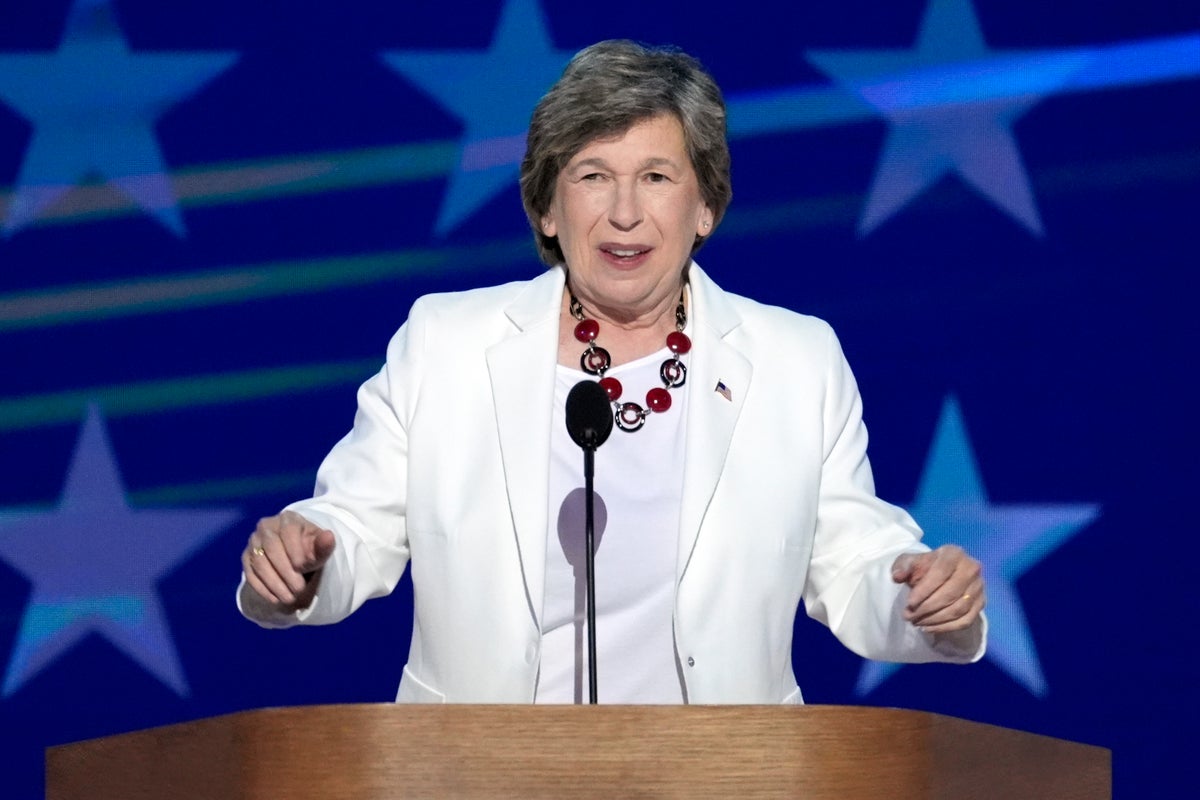Schools and colleges across the U.S. face a Friday deadline to end diversity programs or risk having their federal money pulled by the Trump administration, yet few are openly rushing to make changes. Many believe they’re on solid legal ground, and they know it would be all but unprecedented — and extremely time-consuming — for the government to cut off funding.
State officials in Washington and California urged schools not to make changes, saying it doesn’t change federal law and doesn’t require any action. New York City schools have taken the same approach and said district policies and curriculum have not changed.
Leaders of some colleges shrugged the memo off entirely. Antioch University ’s chief said “most of higher education” won’t comply with the memo unless federal law is changed. Western Michigan University’s president told his campus to “please proceed as usual.”.
A memo issued Feb. 14 by President Donald Trump's administration, formally known as a Dear Colleague Letter, gave schools two weeks to halt any practice that treats people differently because of their race. Opponents say it’s an overreach meant to have a chilling effect. The guidance appears to forbid everything from classroom lessons on racism to colleges' efforts to recruit in diverse areas, and even voluntary student groups like Black student unions.
Education organizations have been urging a measured approach, warning institutions not to make any hasty cuts that would be difficult to undo. Ted Mitchell, president of the American Council on Education, is telling colleges that if they were in compliance with federal law before the memo, they still are.
“There’s nothing to act on until we see the administration or its agencies try to stop something,” Mitchell said. “And then we’ll have the argument.”. Investigations rarely come close to cutting schools' federal funding. A loss of federal money would be devastating for schools and colleges, but imposing that penalty would not be quick or simple.
The Education Department office that conducts civil rights investigations had fewer than 600 employees last year — before the Trump administration began cutting staff — while the U.S. has more than 18,000 school districts and 6,000 colleges. Even when a school or state faces an investigation, it can take years to terminate funding. Under former President Joe Biden, the Education Department tried to pull federal money from Michigan’s education agency after finding it violated the rights of students with disabilities. The investigation began in 2022 and is still tied up in federal court.
“I hope very much that schools charged with providing inclusive, equal education to every student in their school community will stand for that principle,” said Catherine Lhamon, who led the department’s Office for Civil Rights under Biden. Still, some education leaders say resistance is too risky. At the University of Cincinnati, President Neville G. Pinto said officials are evaluating jobs related to diversity, equity and inclusion, and removing DEI references from school websites.
“Given this new landscape, Ohio public and federally supported institutions like ours have little choice but to follow the laws that govern us,” Pinto wrote. Tony Frank, chancellor of the Colorado State University system, wrote in a campus letter that he weighed taking a stand against the department. But he advised the system's campuses to comply, saying there’s too much at stake for students and staff. “If we gamble here and are wrong, someone else will pay the price,” he wrote.
New guidance brings a shift in interpretation of nondiscrimination laws. In many Republican-led states, education chiefs applauded the memo. “We never felt it was appropriate to use race in making these types of decisions in the first case, so I do not foresee any interruptions in our day-to-day business,” Alabama’s state superintendent, Eric G. Mackey, said in a statement released by the Trump administration.
The memo said schools have promoted DEI efforts often at the expense of white and Asian American students. It doesn’t carry the weight of law but explains how the new administration will interpret nondiscrimination laws. It dramatically expands a 2023 Supreme Court decision barring the use of race in college admissions to all aspects of education — including, hiring, promotion, scholarships, housing, graduation ceremonies and campus life.
The guidance is being challenged in court by the American Federation of Teachers, which said the memo violates free speech laws. While some schools are keeping quiet out of fear of being targeted, many leaders also are still struggling to grasp the implications.
“We are looking to our attorney general for guidance because it’s very confusing,” said Christine Tucci Osorio, superintendent of the North St. Paul School District in Minnesota. When a teacher asked if their school could still mark African American History Month, she assured them they could.



























